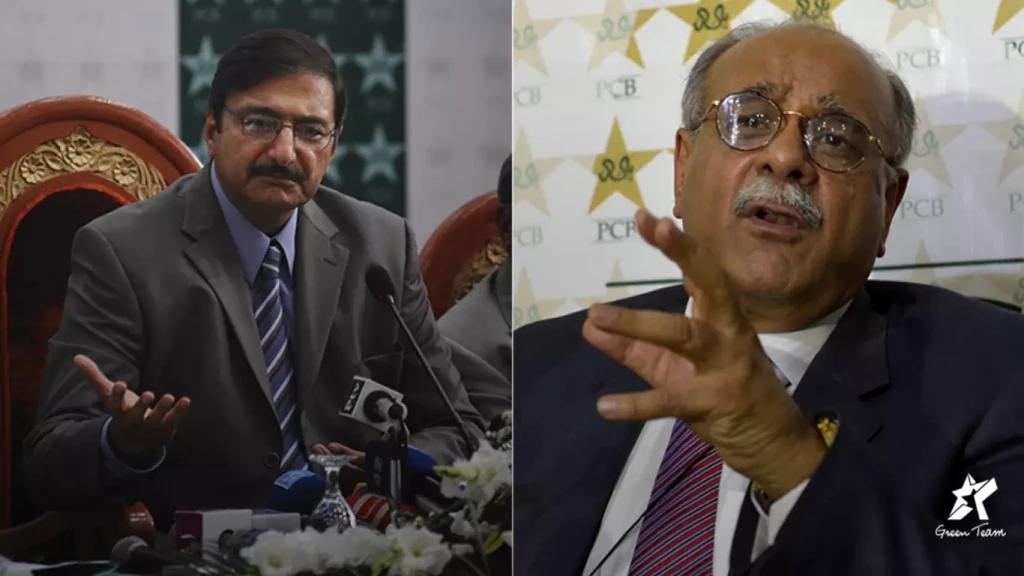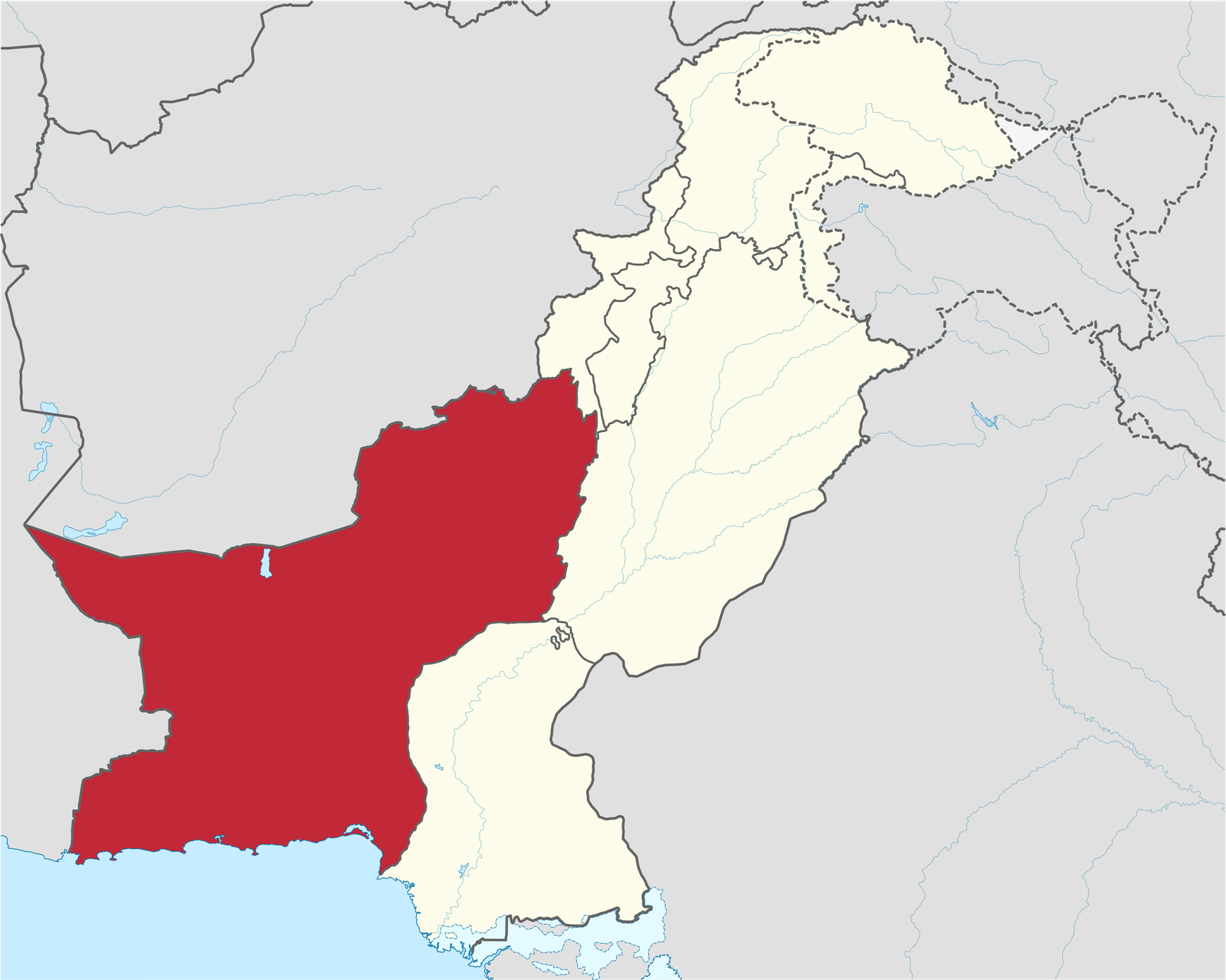Ajmal Ehsani
In a surprising turn of events, Najam Sethi, the interim head of the Pakistan Cricket Board (PCB), has withdrawn from the race for the chairmanship, marking the third change in leadership within a mere eight months. Taking to Twitter late on Monday, Sethi announced his decision not to run for the position of chairman in the upcoming PCB elections. He attributed this choice to his desire not to become a source of contention between Asif Zardari, the leader of the Pakistan People’s Party (PPP), and Prime Minister Shehbaz Sharif of the Pakistan Muslim League-Nawaz (PML-N). With both parties serving as partners in the coalition government, Sethi’s withdrawal once again exposes the intricate politics associated with the position.
Traditionally, the Prime Minister, as the PCB’s patron-in-chief, has been responsible for nominating the board’s chairman. However, in the case of a coalition government, the PPP argued that their nominee should head the PCB since they oversee sports at the federal level through the Ministry of Inter-Provincial Coordination. It was evident that the party wanted Zaka Ashraf, a former PCB chief, to assume control of the country’s cricketing affairs. Consequently, on Tuesday, Ashraf was officially nominated to the PCB’s Board of Governors, paving the way for his imminent return to the helm of the PCB. The election process, for all intents and purposes, is now a mere formality.
The 70-year-old Ashraf previously led the PCB for a period of 20 months starting in October 2011, and he briefly served in the role again in 2014, during which his tenure was marred by a legal battle with Mr. Sethi. This exchange of power raises questions about stability and continuity within the PCB’s leadership, as frequent changes can disrupt long-term planning and development of Pakistan’s cricketing landscape.
The abrupt nature of Sethi’s withdrawal has undoubtedly created a sense of uncertainty within cricketing circles. It underscores the challenges of balancing political alliances and aspirations with the need for a steady and impartial cricket administration. While the PCB’s chairmanship holds significant influence and authority, it should not be used as a pawn in political power struggles. The focus must remain on promoting the growth of cricket, nurturing talent, and ensuring transparency and accountability within the board.
The upcoming election for the PCB’s chairmanship will be a crucial moment for Pakistani cricket. It is imperative that the process is conducted with utmost fairness and integrity, free from any external pressures or undue political interference. The chosen leader must possess the vision, expertise, and passion to lead the PCB effectively, steering it towards a future of excellence on and off the field.
As Pakistan cricket stands at a crossroads, it is essential for the PCB to prioritize stability and professionalism. The focus should be on fostering a cricketing environment that encourages talent, cultivates a winning mindset, and builds a robust system for the development of the sport at all levels. The new chairman must work towards creating a conducive environment for players, coaches, and support staff, where meritocracy prevails over personal agendas and political maneuvering.
The sudden decision of Mr. Sethi to withdraw from the race marks the culmination of a six-month tenure that began when he assumed the role of chief of the management committee following the removal of Ramiz Raja as PCB chairman in December of the previous year. Throughout this period, he has not only spearheaded a comprehensive restructuring of the domestic cricket system, reinstating the departmental framework that had been dismantled by the PCB during the tenure of the PTI government, but has also played a pivotal role in the appointment of a new management team for the national squad, with Mickey Arthur at the helm. Furthermore, his tenacity as a negotiator ensured that Pakistan was able to secure its rightful place as a host for a portion of the highly anticipated Asia Cup, a privilege that the Board of Control for Cricket in India had been keen on wresting away.
As Mr. Ashraf assumes his new position, he will now be tasked with navigating the discussions pertaining to Pakistan’s participation in the upcoming World Cup, including the potential for a visit to India. The future course of action remains uncertain, but once again it becomes evident that the close intertwining of government, politics, and the PCB persists as a defining characteristic of the cricketing landscape.
The accomplishments and initiatives undertaken during Mr. Sethi’s tenure have been significant and far-reaching. The restoration of the departmental system within the domestic cricket structure represents a decisive step towards revitalizing the foundation of the game in Pakistan. This move seeks to rectify the previous misguided decision to dismantle the departmental framework, a decision that had been driven by political considerations during the PTI government’s time in power. By reinstating this system, the PCB aims to ensure a more robust and inclusive cricketing ecosystem, fostering healthy competition and providing ample opportunities for aspiring cricketers across the country.
In addition to his efforts in domestic cricket, Mr. Sethi’s role in reshaping the national team’s management cannot be understated. The appointment of Mickey Arthur as the head coach brought a fresh perspective and a wealth of international experience to the table. Under this new leadership, the national team witnessed notable improvements in its performance and development. Mr. Sethi’s astute decision-making and commitment to securing the best talent and expertise for the team have played a vital role in rejuvenating Pakistan’s cricketing fortunes.
One of the standout moments of Mr. Sethi’s tenure was his adept negotiation skills in ensuring that Pakistan was granted the opportunity to host a portion of the prestigious Asia Cup. The Board of Control for Cricket in India had expressed a keen interest in depriving Pakistan of this privilege, but Mr. Sethi’s unwavering determination and firm stance safeguarded the country’s rightful claim. This triumph not only boosted Pakistan’s international reputation but also served as a testament to the PCB’s commitment to promoting the sport and providing a conducive environment for its growth.
As the baton is passed to Mr. Ashraf, it remains to be seen what the future holds for the PCB. The close nexus between government and cricket administration raises questions about the autonomy and independence of the board. It is imperative for the PCB to strike a delicate balance between political considerations and the overall welfare and development of cricket in the country. The next steps must be taken with caution, ensuring that the best interests of the game and its stakeholders are prioritized above all else.
In conclusion, the withdrawal of Mr. Sethi from the race for the PCB chairmanship marks the end of a significant chapter in the board’s history. His tenure was marked by bold reforms, strategic appointments, and successful negotiations that have left an indelible impact on Pakistan cricket. As the PCB transitions into a new phase under the leadership of Mr. Ashraf, the focus must remain on fostering a culture of professionalism, transparency, and integrity.
Subscribe our website for latest updates:
https://republicpolicy.com/shop/
Read More
















